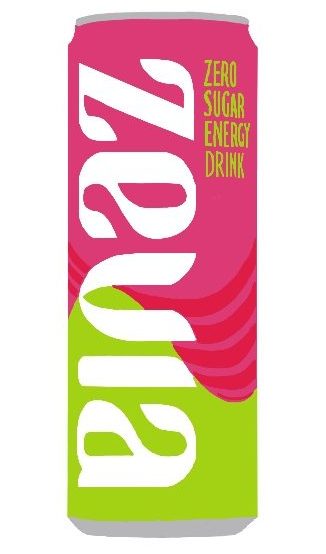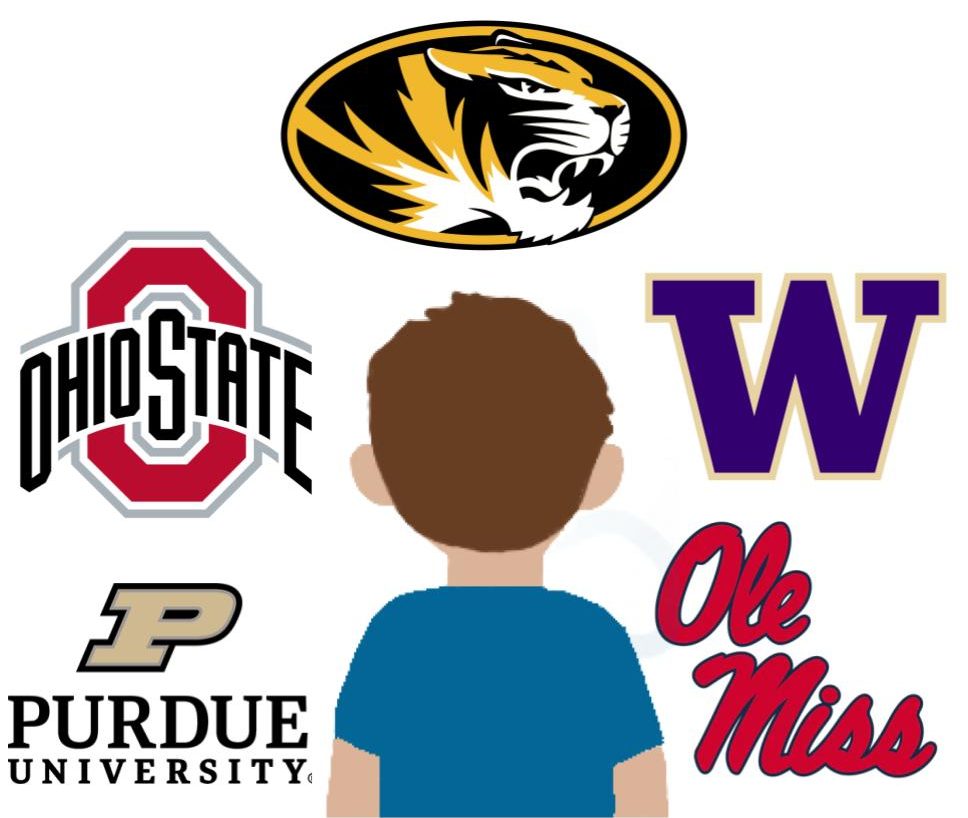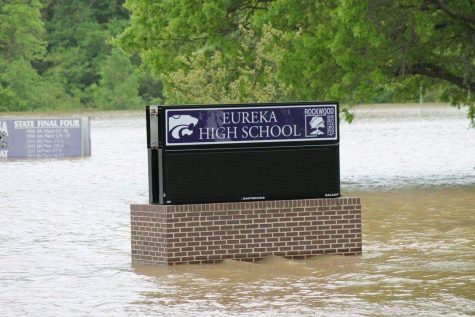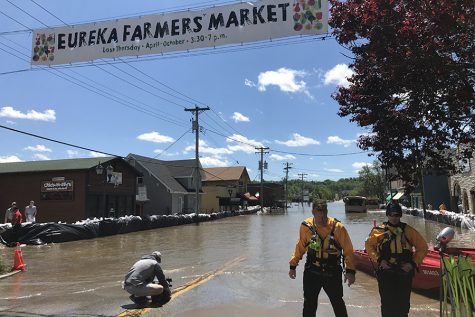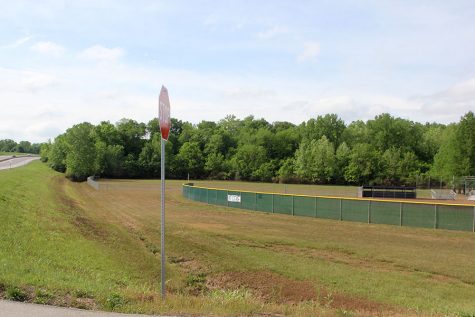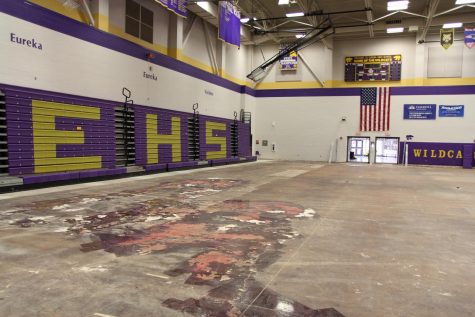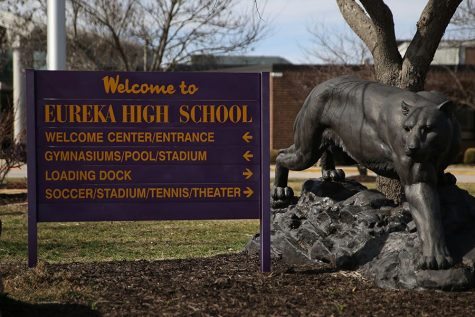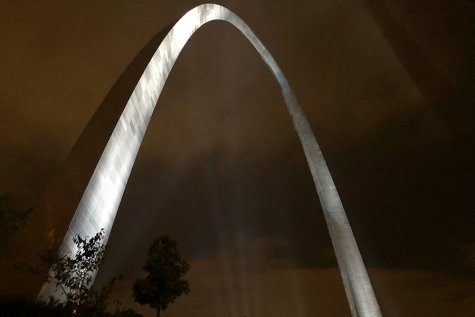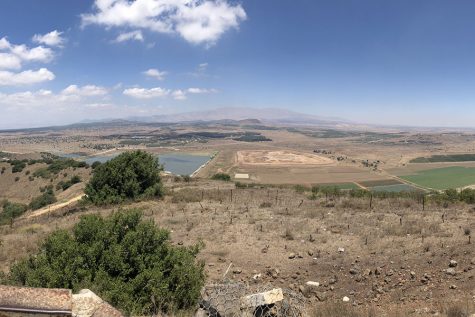Know/inform/care
Local
Know: April 29 set records with 3.15 inches of rain contributing to 10.27 inches of rain in nine days and causing flooding all over St. Louis.
Inform: Flooding not only shut down EHS for the entire school week and the district for the past four days but caused major highways to be closed. St. Louis-area traffic came to a halt with 141 shutdown at 44 and 25 miles of 44 shut down from 270 all the way to Gray Summit. Even a stretch of 55 closed. Manchester Road became a major artery turning 30-minute commutes into 1.5-hour journeys. Alternative routes really didn’t exist.
Meanwhile, homes and business suffered.
The Meramec River finally crested in the Eureka area at 46.11 ft at 5:30 a.m., May 3, topping higher than in the Meramec’s December 2015 crest of 46.06.
Care: The second historic flood in 18 months, residents and emergency response workers are learning from their December 2015 experience. The sandbagging in Old Town helped reduce much of the flooding in the business area. The district shifted its focus on campus saving much more of the PE complex. But the second 100-year flood in less than two years poses larger questions and problems for these river towns. Beyond fearing future floods, what to do to prevent such damage is unclear.
National
Know: The House of Representatives passed the Republican Health Care Bill, Thursday, May 4. The vote was 217 to 213.
Inform: This bill is the “first legislative victory” since President Donald Trump has been in office. So far there has been no democratic support, and it is unclear about how much the plan might cost since the Congressional Budget Office has yet to score the plan. At stake, coverage for people with pre-existing conditions, women’s health access, premiums and coverage for low-income families. The group that benefits the most may be higher-income individuals without pre-existing conditions.
The bill still needs to go to the Senate in order for it be passed. The President can only afford to lose the initial support of two Republicans in order for the bill to not pass. If it it does pass it can be reworked so it could be months before the bill is put into action.
Care: People covered under The Affordable Care Act will have to go through a whole new process of obtaining insurance. People that are uninsured will be unable to pay unaffordable bills passing the burden on to hospitals and the insured.
International
Know: Anu, a 7-year-old girl from Birmingham, England received a pink prosthetic leg thanks to the National Health Service program there.
Inform: The National Health Service program distributed roughly $1.9 million that serves for over 500 children to get prosthetic blades used for different sports. This appliance allows children to be able to move and play like their peers.
The Today show interviewed Anu’s parents where her dad said, “Being a parent it’s my responsibility to give up all sort of facilities to a kid to expect her to stayed attuned to normal life.”
Anu’s dad mentioned he would be willing to give up the house in order for Anu to keep her prosthetic. The prosthetic running blade values somewhere between $2,500 and $6,500 and must be changed every 2-3 years.
Care: Anu isn’t the only little girl in England to have a prosthetic running blade. Another girl named Macey from Shropshire, England also has one of the first running blades given to her from the National Health Service.
April 15, 2013, changed many people’s lives when two bombs exploded at the end of the Boston Marathon where three spectators dies and 260 other people were wounded. “Sixteen people lost legs; the youngest amputee was a 7-year-old girl.” Those survivors’ lives forever altered by that event and the generosity of countless strangers who funded the Boston One Fund. This fund restored their lives and paid for the expensive prostheses because–unlike the United Kingdom–the U.S. does not offer universal health care but England does. The cost of one Boston Marathon survivor to get life back? $20,000-$70,000.
Your donation will support the student journalists of Eureka High School - MO. Your contribution will allow us to purchase equipment and cover our annual website hosting costs.

This is Madison’s third semester on the EHS hub staff. She is the online community media Editor for the hub.
You can follow her on twitter @mebleEHS_hub....



